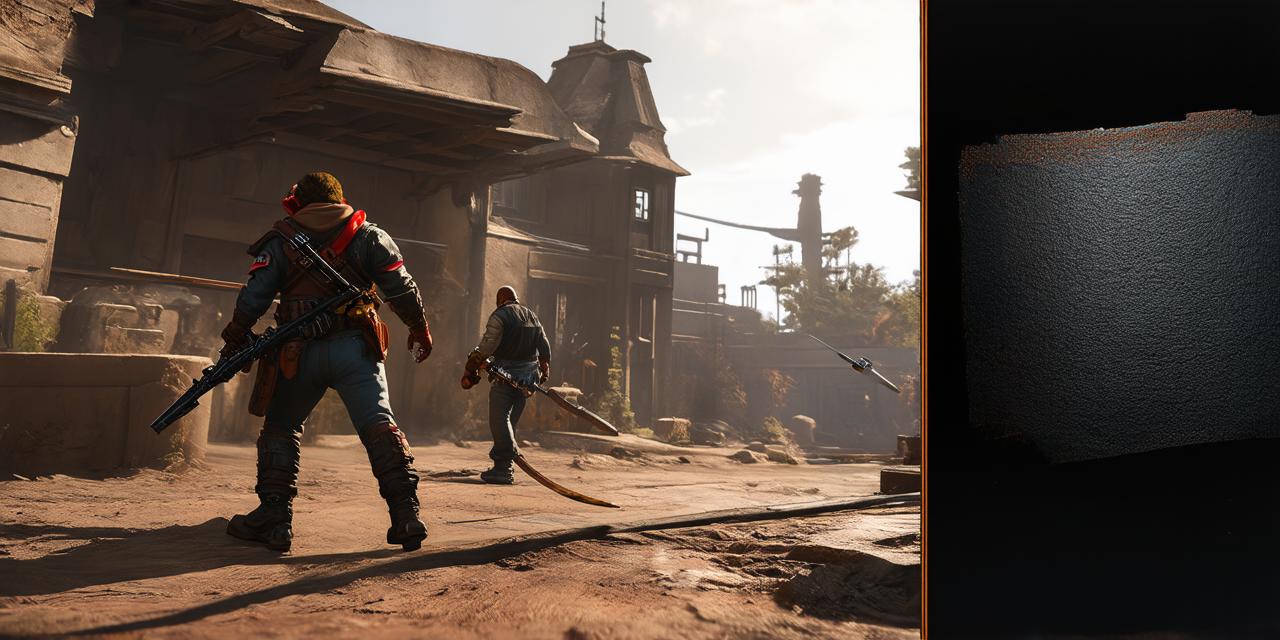1. Best Practices for Developing Games with Unity 3D
When it comes to developing games with Unity 3D, there are several best practices that you should follow to ensure a successful outcome:
-
Start with a solid game design: Before you start coding, it’s important to have a clear idea of what your game will entail. This includes things like the gameplay mechanics, the storyline, and the characters.
-
Optimize for performance: Unity 3D offers a range of tools to help optimize your game for performance, including script profiling and asset compression. These tools can help reduce load times and improve the overall player experience.
-
Use version control: Version control is an essential tool for any software development project, including game development. By using version control, you can track changes to your code and collaborate with other developers more effectively.
-
Test thoroughly: Before releasing your game, it’s important to test it thoroughly to ensure that there are no bugs or glitches. This includes both automated testing and manual testing by real players.
2. Case Studies in Unity 3D Game Development Services
There are many successful games that have been developed using Unity 3D. Here are a few examples:
* PUBG Mobile: PUBG Mobile is a popular mobile game that was developed by Tencent using Unity 3D. The game has over 800 million downloads and was the most downloaded game of 2018.
* Angry Birds: Angry Birds is another popular game that was developed using Unity 3D. The game has over 4 billion downloads across multiple platforms, including mobile and desktop.
* Minecraft: Minecraft is a sandbox game that allows players to build and explore virtual worlds. The game was developed by Mojang Studios and uses Unity 3D as its primary engine.

3. Comparison of Unity 3D Game Development Services to Other Engines
When it comes to game development engines, there are many options available. Some popular alternatives to Unity 3D include Unreal Engine, CryEngine, and Godot. While each engine has its own strengths and weaknesses, here’s a brief comparison of Unity 3D to some of its competitors:
-
Unreal Engine: Unreal Engine is known for its powerful graphics capabilities and support for virtual reality (VR) development. However, it can be more complex to learn and use compared to Unity 3D.
-
CryEngine: CryEngine is known for its advanced physics simulation capabilities and support for high-performance gaming on consoles and PCs. However, it can also be more difficult to use and has a steeper learning curve compared to Unity 3D.
-
Godot: Godot is an open-source game development engine that is known for its ease of use and support for 2D and 3D game development. However, it may not have the same level of support and resources as more established engines like Unity 3D or Unreal Engine.
4. Best Practices for Game Development with Unity 3D
When it comes to developing games with Unity 3D, there are several best practices that you should follow to ensure a successful outcome:
-
Start with a solid game design: Before you start coding, it’s important to have a clear idea of what your game will entail. This includes things like the gameplay mechanics, the storyline, and the characters.
-
Optimize for performance: Unity 3D offers a range of tools to help optimize your game for performance, including script profiling and asset compression. These tools can help reduce load times and improve the overall player experience.
-
Use version control: Version control is an essential tool for any software development project, including game development. By using version control, you can track changes to your code and collaborate with other developers more effectively.
-
Test thoroughly: Before releasing your game, it’s important to test it thoroughly to ensure that there are no bugs or glitches. This includes both automated testing and manual testing by real players.
5. Best Practices for Unity 3D Game Development
When it comes to developing games with Unity 3D, there are several best practices that you should follow to ensure a successful outcome:
-
Start with a solid game design: Before you start coding, it’s important to have a clear idea of what your game will entail. This includes things like the gameplay mechanics, the storyline, and the characters.
-
Optimize for performance: Unity 3D offers a range of tools to help optimize your game for performance, including script profiling and asset compression. These tools can help reduce load times and improve the overall player experience.
-
Use version control: Version control is an essential tool for any software development project, including game development. By using version control, you can track changes to your code and collaborate with other developers more effectively.
-
Test thoroughly: Before releasing your game, it’s important to test it thoroughly to ensure that there are no bugs or glitches. This includes both automated testing and manual testing by real players.
6. Best Practices for Developing Games with Unity 3D
When it comes to developing games with Unity 3D, there are several best practices that you should follow to ensure a successful outcome:
-
Start with a solid game design: Before you start coding, it’s important to have a clear idea of what your game will entail. This includes things like the gameplay mechanics, the storyline, and the characters.
-
Optimize for performance: Unity 3D offers a range of tools to help optimize your game for performance, including script profiling and asset compression. These tools can help reduce load times and improve the overall player experience.
-
Use version control: Version control is an essential tool for any software development project, including game development. By using version control, you can track changes to your code and collaborate with other developers more effectively.
-
Test thoroughly: Before releasing your game, it’s important to test it thoroughly to ensure that there are no bugs or glitches. This includes both automated testing and manual testing by real players.
